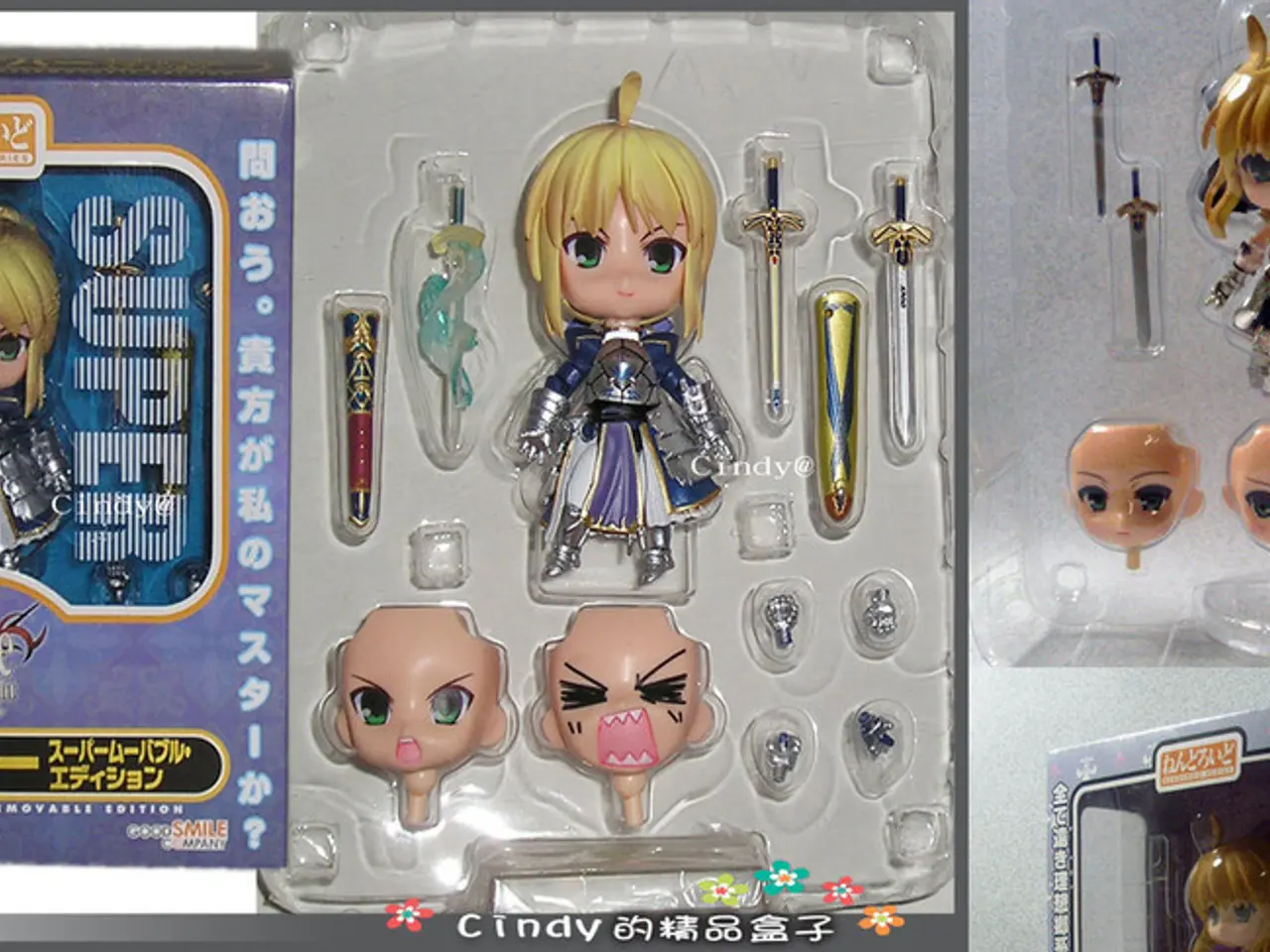Mattel Set to Maintain Majority of American Toys Priced below $20 Dollars
Mattel Adjusts Pricing Strategy to Navigate Tariffs and Consumer Demand
Toy giant Mattel has unveiled a strategic approach to cope with tariffs and shifting consumer behavior, focusing on a balance between selective price increases, supply chain diversification, and maintaining affordability on core price points.
Earlier this month, Mattel made headlines with the release of its first Barbie doll designed to represent a girl with Type 1 diabetes. Amidst this exciting development, the company is also grappling with the challenges posed by tariffs and evolving retailer patterns.
Mattel anticipates a tariff hit of approximately $100 million in 2025, which it plans to offset through strategic price hikes and supply chain diversification, without any additional price increases this year beyond those already implemented. The company is committed to keeping about 50% of its product portfolio priced under $20 to preserve consumer affordability, despite tariff-driven cost pressures.
The company's Chief Financial Officer, Paul Ruh, who joined Mattel roughly two months ago, is leading these efforts. Ruh and his team are working closely with retailers to manage inventory and consumer demand fluctuations, especially given retailer delays in ordering and stocking patterns.
Demand softness, particularly in Barbie sales and infant/toddler segments, has contributed to a cautious adjustment of forecast and pricing strategy. Mattel's dolls category declined 19% during the quarter, primarily due to fewer Barbie product launches. As a result, the company's net sales for the second quarter were down 6% year over year, totaling a little over $1 billion.
Despite these challenges, Mattel's net income for the second quarter was down around 6% to $53.4 million. This is compared to toy competitor Hasbro, which reported a 1% year-over-year dip in revenue to around $981 million for its second quarter earnings this week.
CEO Ynon Kreiz does not see consumers as more price sensitive compared to a year ago. However, a recent ICSC report suggests that prices will impact purchasing behaviors during the back-to-school season. Mattel's strategy, therefore, aims to strike a balance between margin preservation and consumer price sensitivity.
In its efforts to diversify the supply chain, Mattel is looking beyond China, where approximately 80% of toys imported to the U.S. come from. The company is expanding its operations across countries like Indonesia, Malaysia, Mexico, and Thailand to mitigate tariff impacts and optimize sourcing.
This approach, Mattel hopes, will help the company navigate the complexities of global trade uncertainties and changing retailer stocking patterns, ensuring that it continues to deliver high-quality, affordable toys to its consumers.
[1] Mattel Q2 earnings release: https://investor.mattel.com/static-files/8b8f28a4-c02e-4073-88a5-c88392f9e4a1 [2] Mattel Q2 earnings call transcript: https://seekingalpha.com/article/4418909-mattel-inc-mat-q2-2023-earnings-call-transcript [3] Mattel Q2 earnings call presentation: https://seekingalpha.com/article/4419086-mattel-inc-mat-q2-2023-earnings-call-transcript [5] Mattel Q2 earnings call highlights: https://www.reuters.com/business/retail-consumer/mattel-q2-profit-falls-6-percent-amid-tariff-costs-soft-demand-2023-07-27/
- Mattel's strategic plan involves AI-driven demand forecasting to optimize pricing, supply chain management, and sourcing in the face of industry challenges, such as tariffs and retailer patterns, while maintaining affordability for consumers in the finance sector.
- The toy company, Mattel, is actively exploring AI solutions in their business operations to balance margin preservation with consumer price sensitivity, envisioning AI to play a significant role in navigating complex global trade uncertainties and providing innovative, affordable toys.




